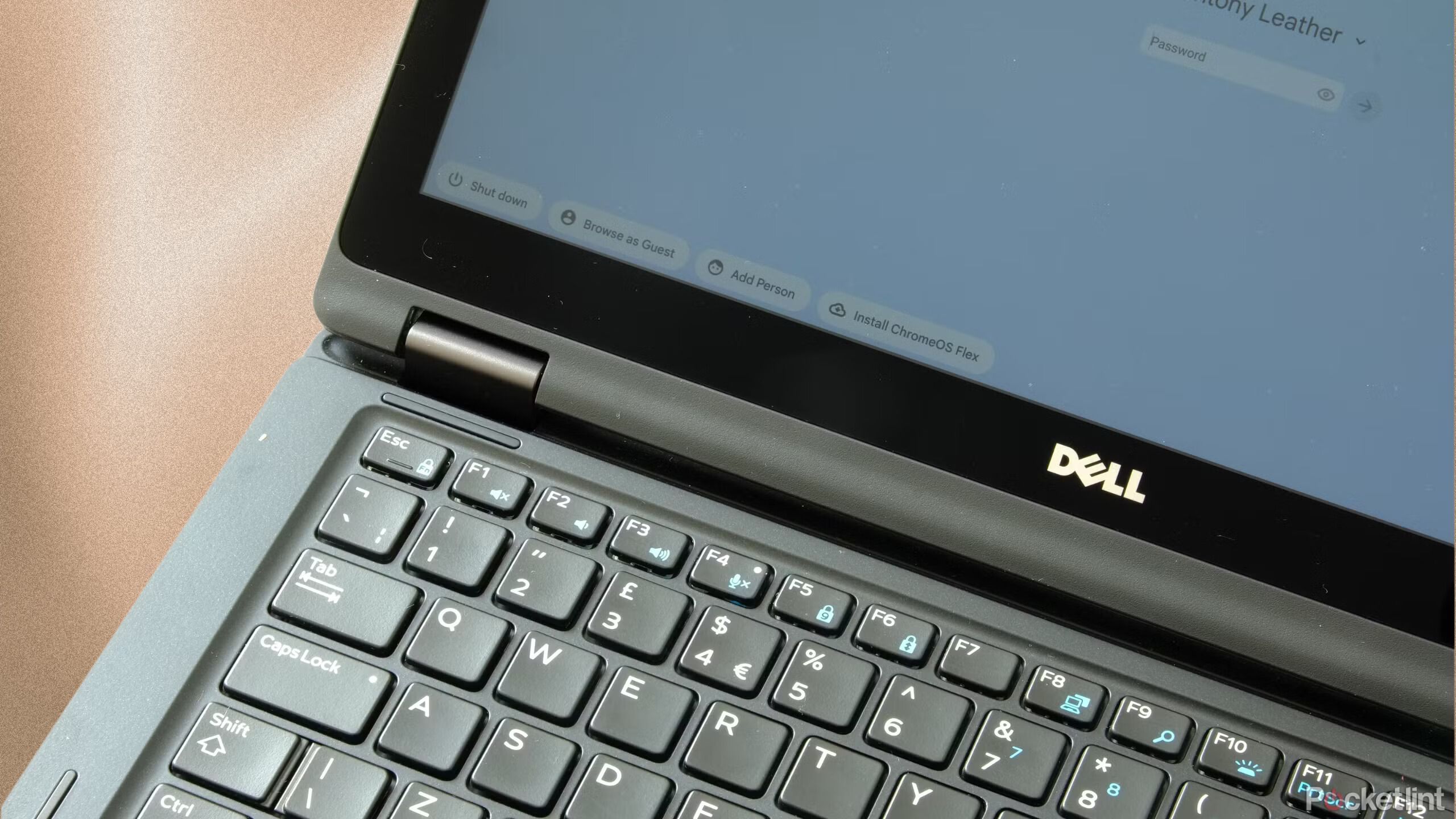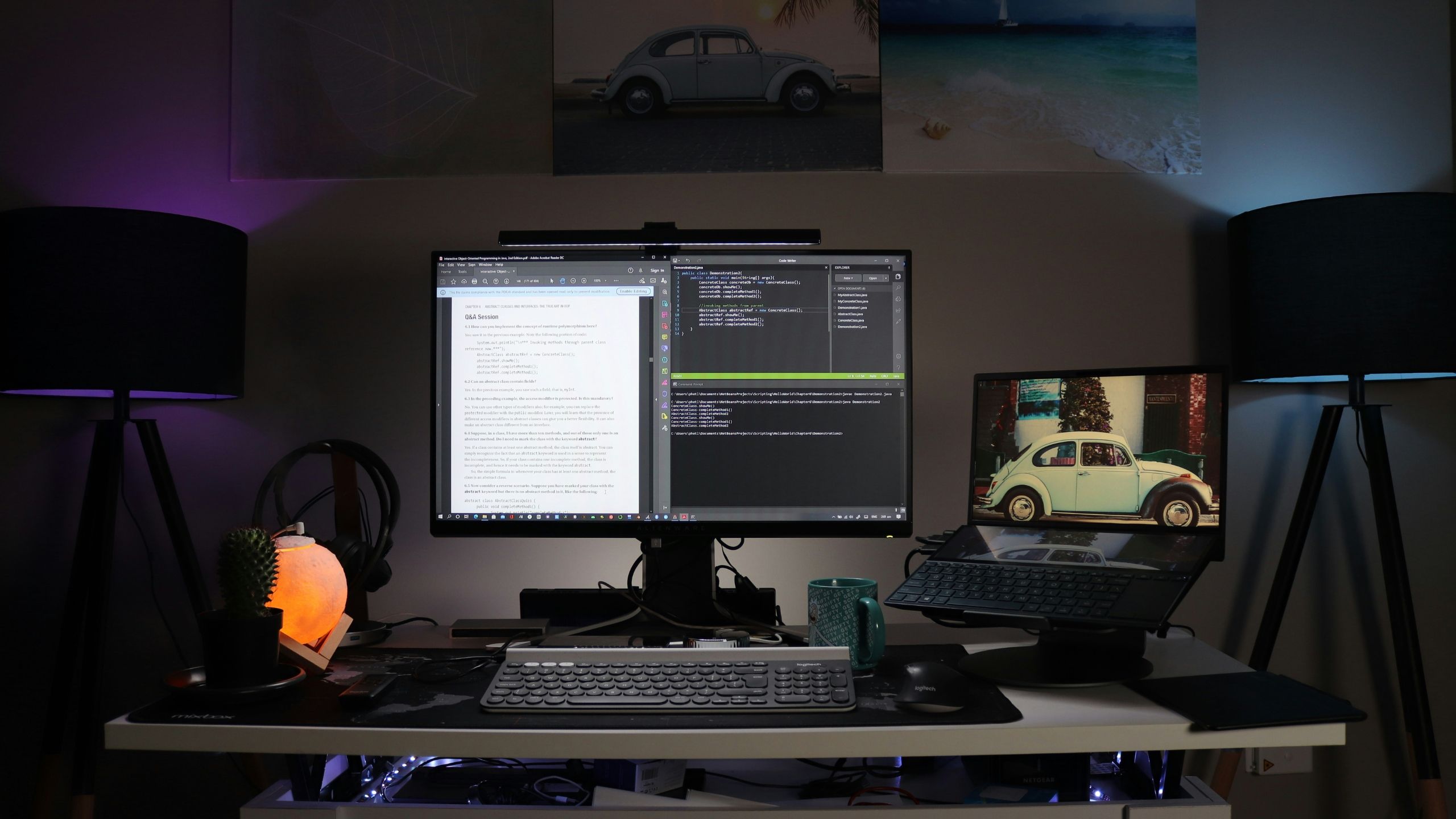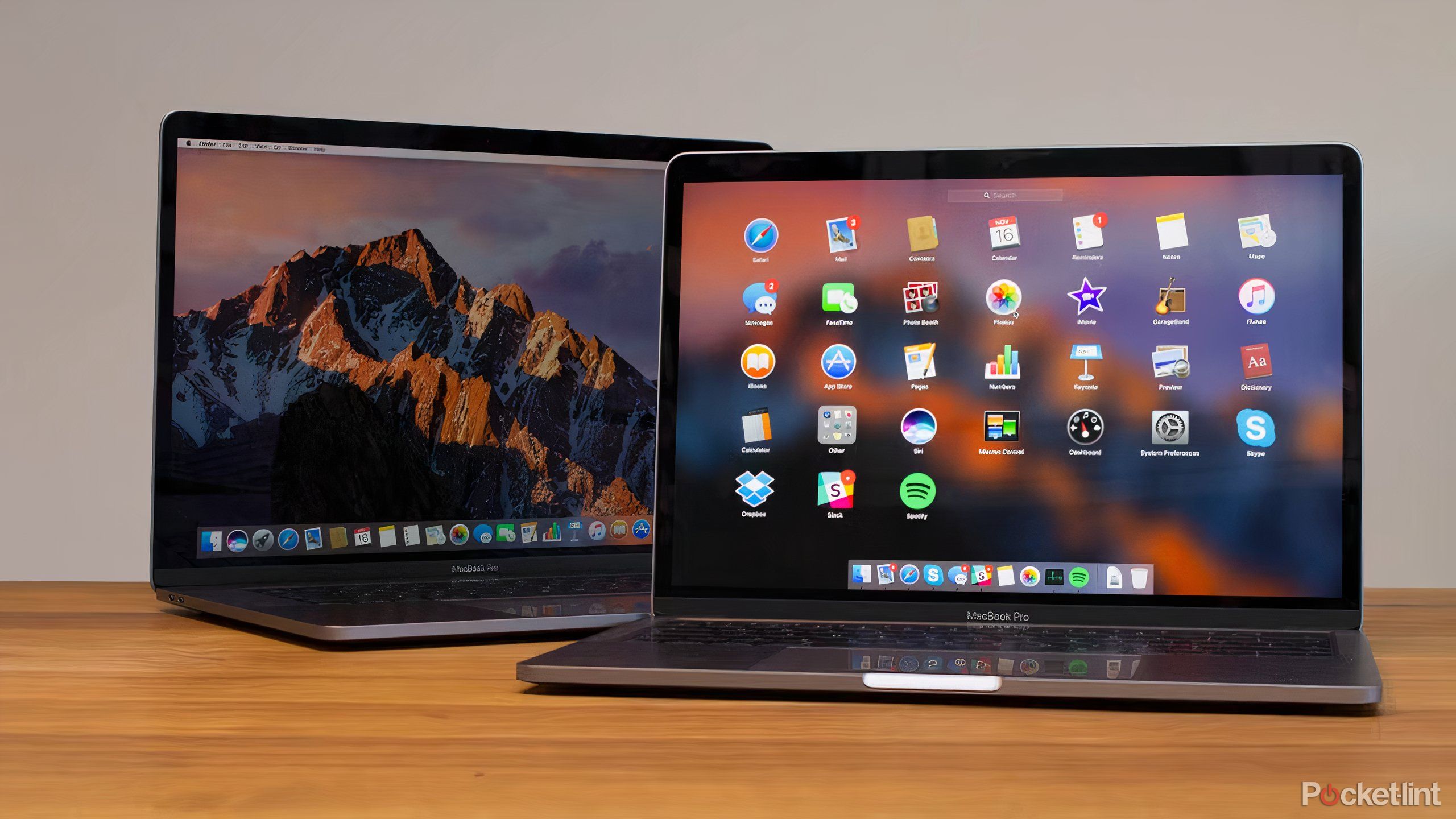Key Takeaways
- Leaving a laptop on 24/7 kills battery performance.
- People keep laptops on for convenience, servers, and tasks.
- Shutting down PCs can save energy costs and extend battery life.
For as long as online discussion has existed, there’s been a central question revolving around device care: should you shut your computer down after using it? It’s a divisive question, of course, with lots of people suggesting giving a laptop a break from time to time, and others suggesting you never turn it off.
Personally, I shut off my computer every day, but I’ve also kept my computers on 24/7 at various points in my life. In my experience, leaving a laptop on 24/7 is a sure way to kill battery performance. Of course, things are a bit different if you primarily use a desktop PC, especially if you are using it to host something like a NAS or a Plex server.
Related
What’s inside your laptop? Why your battery type matters
There’s only one you’ll see (or want) in most laptops.
Why don’t people shut down their laptops?
It can be convenient to not have to wait for an OS startup
There’s a variety of reasons why someone might not shut down their laptop. I’ve kept mine running for a long time due to large projects, and keeping the laptop powered up was a way to keep my progress uninterrupted in Chrome tabs, Adobe Lightroom, and Photoshop. Typically, I’d just close the lid and put my laptop into sleep mode, so everything was still there when I was ready to work again.
You can also upcycle an old laptop, or even better, an old desktop computer, to serve as a home server. Whether you’re running a NAS or a Plex server with an old one, you’ll need to keep it on at all times for the network to be available to other devices in your household. You might also notice that your office’s IT department keeps their computers running most of the time, and that’s so they can be used for remote desktop applications or to back up important cloud software updates.

Related
My old laptop has a new life as a Chromebook, and it was the easiest DIY upgrade
Finally, a use for your old laptop lying in a drawer somewhere.
Turning your computer off every day means it’s less likely to complete important tasks. Computers run a wide range of background services, such as virus scans and operating system updates that require them to be on and active. These tasks are best handled when you don’t need to actively use the computer, which is why they’re typically scheduled overnight.
Just how bad is it to keep a computer running all the time?
It’s not the worst, but it’s also not the best for your hardware
As I just mentioned, there are plenty of use-cases in which people keep their computer on constantly. Generally speaking, keeping a computer on most of the time won’t do much in the way of impacting daily performance. However, some applications, especially creative applications and Google Chrome, can be extremely intensive in processing power. While you can keep a computer running these applications on consistently, it’s still best practice to shut them off when you’re not actively using them.
At the end of the day, you’re not going to kill a computer by leaving it running constantly. However, you may experience intermittent slowdowns and increased fan usage. Overall, though, you shouldn’t experience any hardware failures because you kept yours on.
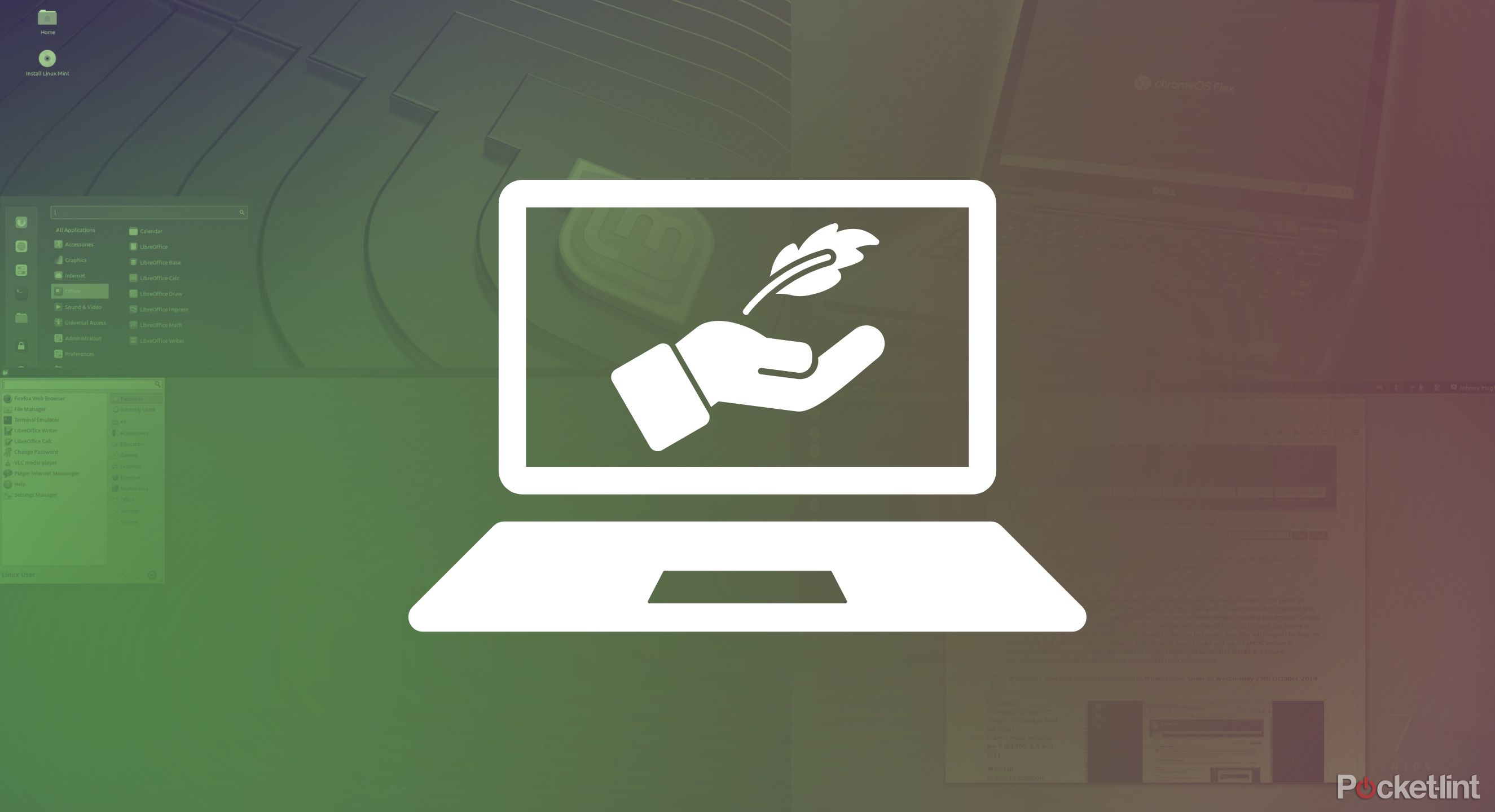
Related
5 operating systems that will make your old laptop feel brand new
If you have an old laptop lying around, use these lightweight operating systems to have it running buttery smooth again.
Why I shut my laptop down sometimes
Battery life and energy usage
While you’re not going to kill a computer by consistently keeping it on, I’ve found — in my own experience — that it’s still a good idea to shut down your computer from time to time. One of the main reasons I shut my desktop PC down when I’m not using it is to save on energy costs — with power rates rising in my home-state of California, I’ve noticed that I can save a few dollars each month on the power bill by turning off my desktop.
I also try to turn my laptop off when I know I’m not going to be using it for an extended period of time, and I do this to try and prolong its battery life. By keeping a laptop on, even when you’re not using it, your battery is still running cycles, even if it’s not losing power as quickly as it would if you were actively using it. One way to keep your laptop battery in pristine condition is to give it a break and give it a good ole shut down. It’s just good for the hardware in general.
Restarting a desktop or laptop can also help if you are experiencing performance slowdowns.
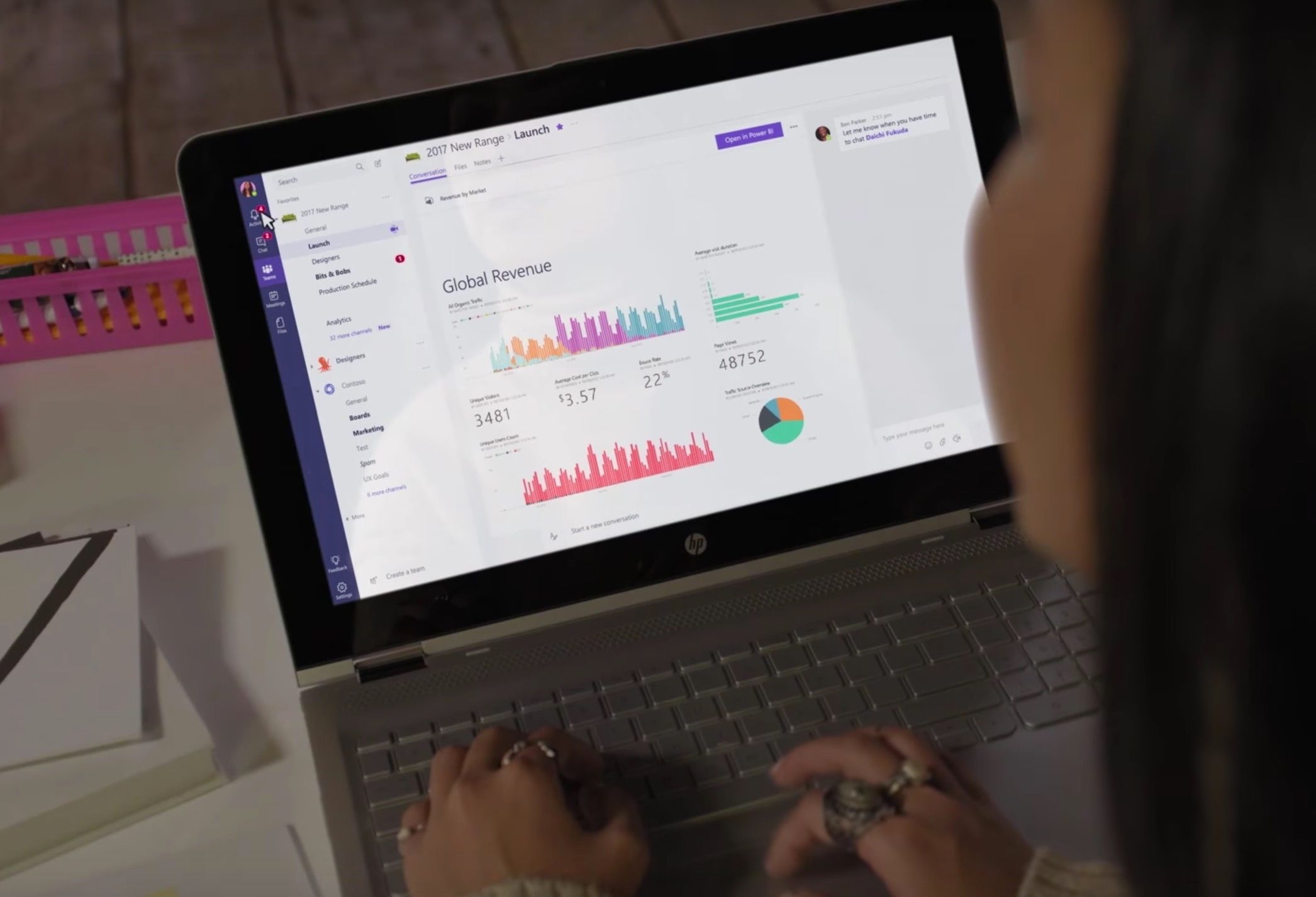
Related
Microsoft rebuilds Teams to save your laptop’s battery life
Microsoft has rebuilt its Teams suite to make it less likely to kill your laptop’s battery.
Trending Products

Cooler Master MasterBox Q300L Micro-ATX Tower with Magnetic Design Dust Filter, Transparent Acrylic Side Panel, Adjustable I/O & Fully Ventilated Airflow, Black (MCB-Q300L-KANN-S00)

ASUS TUF Gaming GT301 ZAKU II Edition ATX mid-Tower Compact case with Tempered Glass Side Panel, Honeycomb Front Panel…

ASUS TUF Gaming GT501 Mid-Tower Computer Case for up to EATX Motherboards with USB 3.0 Front Panel Cases GT501/GRY/WITH Handle

be quiet! Pure Base 500DX ATX Mid Tower PC case | ARGB | 3 Pre-Installed Pure Wings 2 Fans | Tempered Glass Window | Black | BGW37

ASUS ROG Strix Helios GX601 White Edition RGB Mid-Tower Computer Case for ATX/EATX Motherboards with tempered glass, aluminum frame, GPU braces, 420mm radiator support and Aura Sync

CORSAIR 7000D AIRFLOW Full-Tower ATX PC Case â High-Airflow Front Panel â Spacious Interior â Easy Cable Management â 3x 140mm AirGuide Fans with PWM Repeater Included â Black


